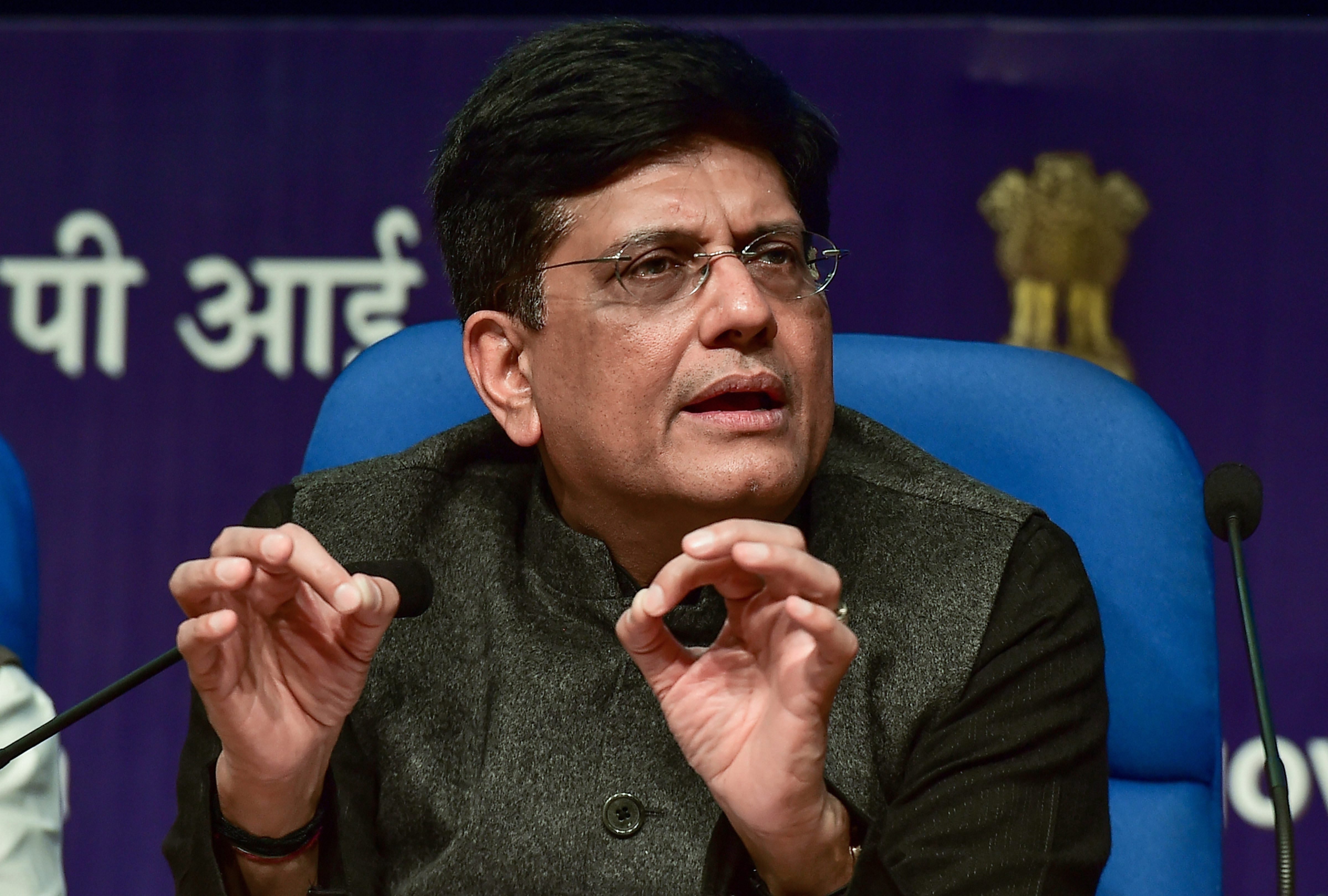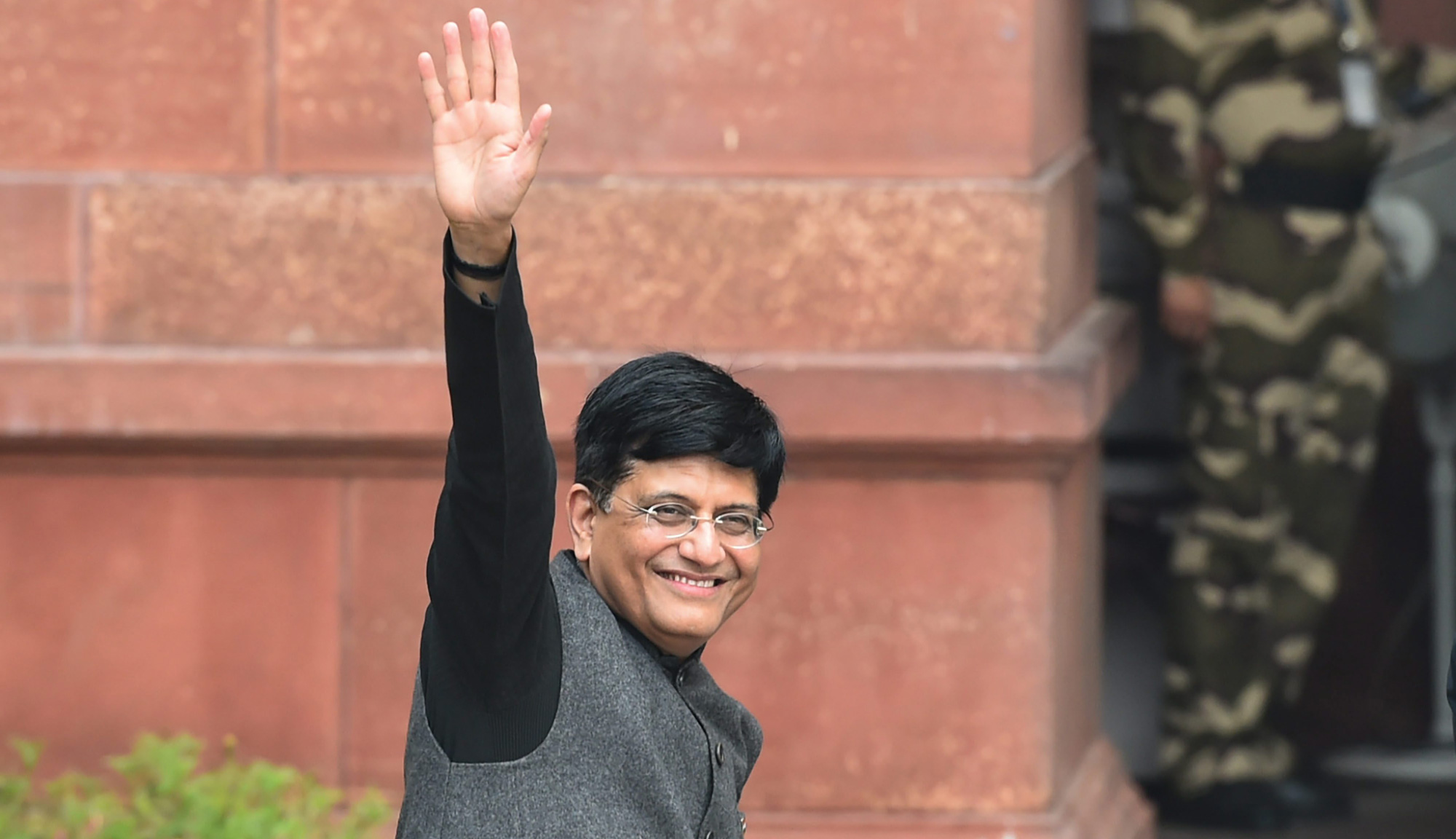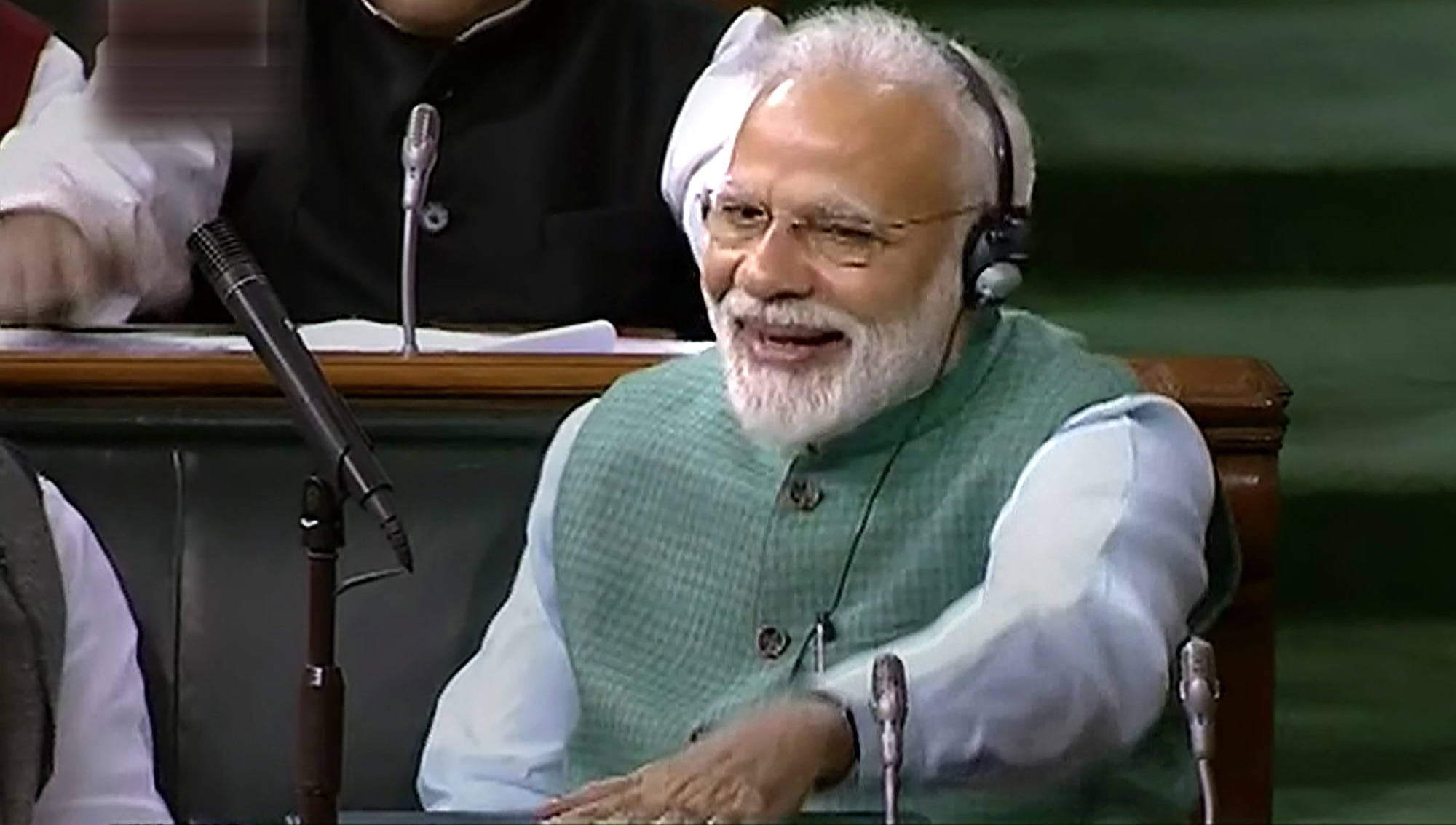So was the sixth and last budget of the Modi government a damp squib? Or will it be a big hit?
Has it made some big changes in the amount of money that people will now have in their pockets? Will people be pleased enough to vote the BJP back to power?
One thing is clear: the proposal to give small farmers Rs 6,000 per year is better than giving them nothing. MNREGA was an effort in that direction but they had to work for it. Now they will get it for doing nothing.
This is what the Telangana government did last year and was voted back to power. Called the Pradhan Mantri Kisan Samman Nidhi the Rs 6,000 of assured income will be given to all farmers with a landholding of less than 2 hectares. The amount is proposed to be provided in three equal installments with effect from December 2018.
For workers in the unorganised sector, the budget has proposed a pension scheme to be called the Pradhan Mantri Shram Yogi Maandhan, which intends to give a pension of Rs 3,000 per month when he completes 60 years. The worker needs to contribute Rs 100 per month. The government will provide the rest.
These sums are not very large. But they signal the inauguration of the much-talked minimum income guarantee. This is what Rahul Gandhi had said the Congress would do if elected.
Now the BJP has done it. We will have to wait and see if it gets an electoral benefit.
The other major income proposal is the announcement that people earning up to Rs 5 lakh a year need not pay any income tax. The tax saving that such people will witness may not appear very large in absolute terms.
But we have to see it in the context of the high taxes everyone now pays thanks to the GST. Any increase in disposable income will be welcomed by them.
The increase in the standard deduction from Rs 40,000 to Rs 50,000 will have the same pleasing effect. People who pay tax will have a little more to spend.
Apart from these two major changes that affect the rural and urban poor both, the Budget contains nothing very much of interest to the common man.
The relief in the capital gains tax on the sale of a second house is important but not in an election sense. Those who benefit from it are too few in number.
All told, when some of the other changes are taken into account, the budget has done a very good job. For example, the interest subventions schemes announced for farmers and SMEs who pay on time. These announcements may result in not having to make provisions for loan waivers or any other form of transfer of income. That is, they are universal in application and not tied to a purpose.
How about the macro fundamentals? The credit rating agencies will be unhappy because they will point to the fiscal deficit and the giveaways. Will the deficit be contained at 3.4 per cent of the GDP?
Much will depend on the increase in revenue collections. There are signs that this has already to started to happen, with GST collection in January crossing 1 lakh crore. If the level of economic activity increases, so will the revenue from GST.
Details aside, the key point is that the government is absolutely firm on holding the deficit down. A few points this way or that don’t matter. What matters is the intent and the determination.
Regardless of what critics, especially from the Opposition parties may say, the government must be congratulated for having given some income and some tax relief to everyone without widening its deficit.
There will be nitpicking, of course, some of which will be justified and some not. But this happens after every budget.
The point of a budget in the end is this: put some more money in peoples’ pockets and do it in a way that the macro balance will not be upset.
The Budget session ends on February 13 and it will be interesting to see if the Budget is passed. The chances are that it will because how can any political party oppose such a Budget?
The attention will now shift, from next week onwards to electioneering. This budget will not, in all probability, make much difference to the election results.
But it does significantly change the DOS of the Indian economy via the minimum income schemes.












